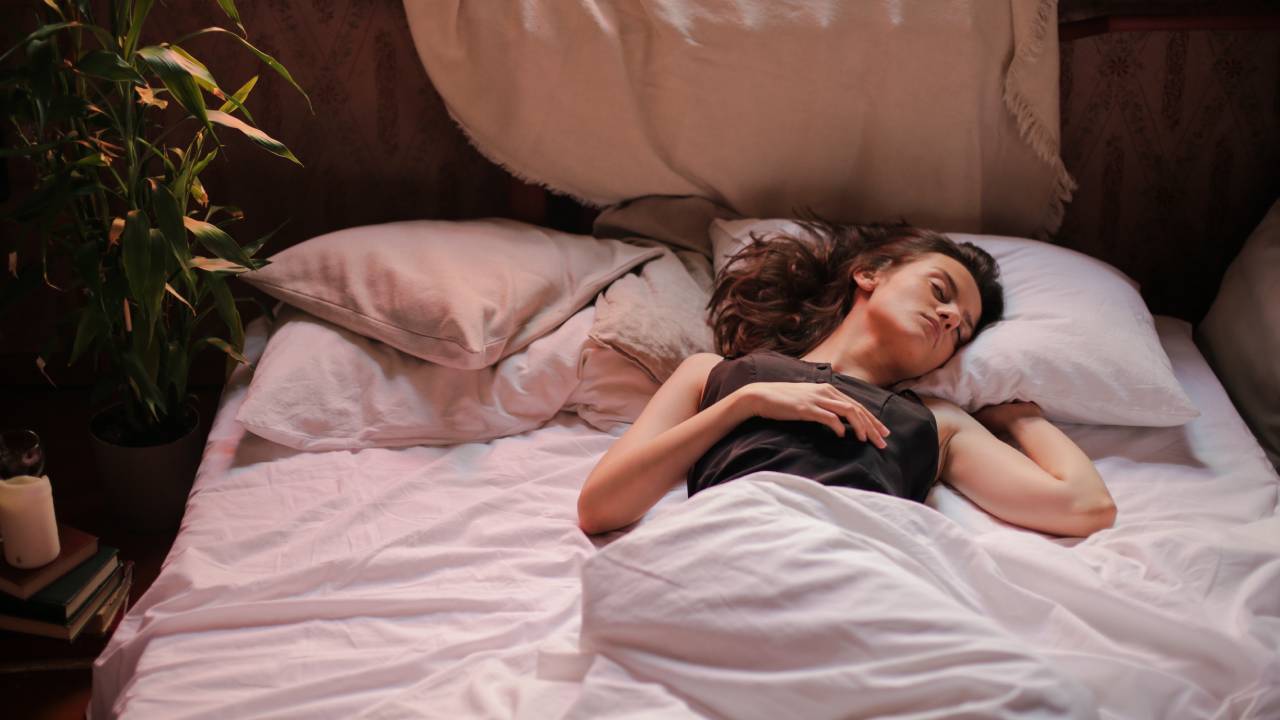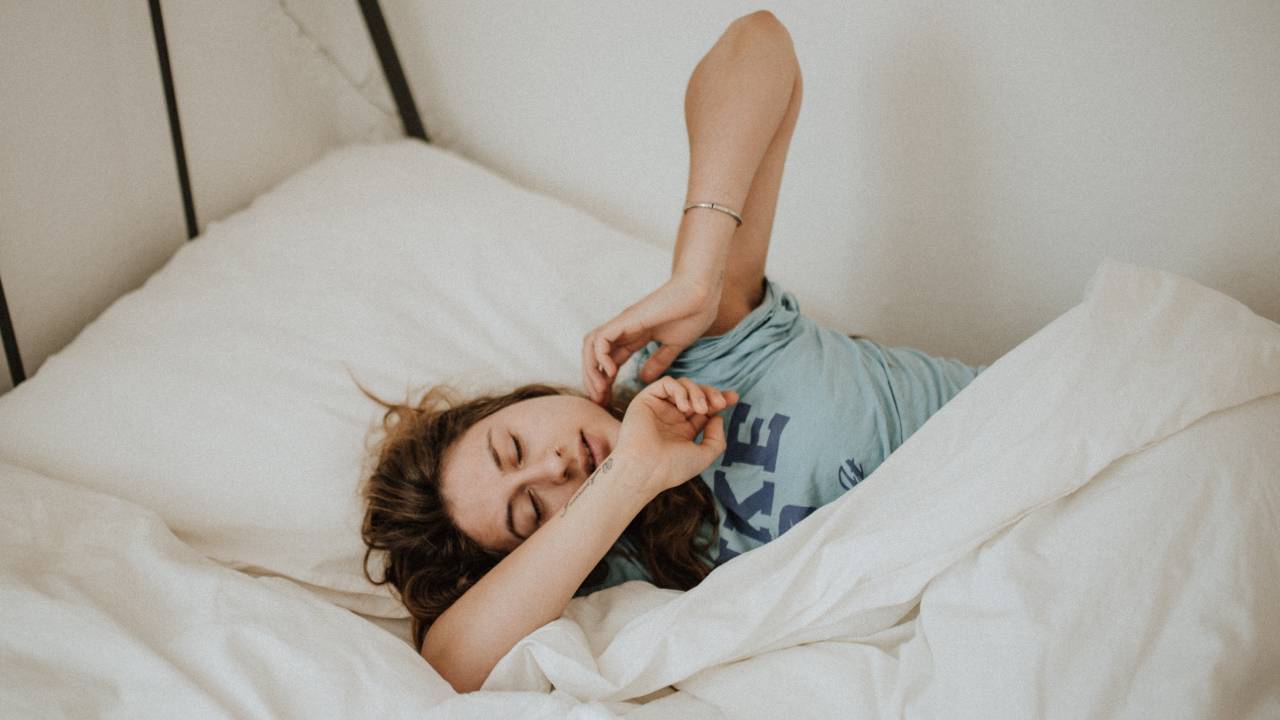5 hours sleep linked to health problems in older adults, says new study
New research finds 5 hours of sleep a night leads to bad health in later life


Get all the latest news, reviews, deals and buying guides on gorgeous tech, home and active products from the T3 experts
You are now subscribed
Your newsletter sign-up was successful
Do you get 5 hours or less of sleep a night? Then you could be putting yourself at risk of getting chronic health problems, especially if you’re over 50.
We all know how important sleep is to our general wellbeing, which is why we invest so much time and money into finding the best mattress to deliver the best night’s sleep. While some people function perfectly with 5 or less hours of sleep, others need at least 8 or 9 to feel refreshed and ready to take on the day.
However, if you find yourself leaning towards less sleep, a new study from PLOS Medicine suggests you could be at greater risk of developing chronic illnesses and bad health later in life.
The study looked at data taken from around 8,000 people aged 50-70 and found that those who slept 5 hours or less were 30% more likely to develop two or more long-term health conditions, compared to the recommended 7-8 hours of sleep. Among the diseases looked at were diabetes, heart disease, dementia and depression.
Dr Severine Sabia, one of the researchers, spoke to Sky News about the study, commenting that there’s become a global trend where people are sleeping less and less, especially as they get older. Dr Sabia commented that due to busy lifestyles and use of technology, “it might be that people do not release that they don’t sleep enough, so the first tip is to listen to our bodies.”

The recommended amount of sleep adults should be getting a night is between 7-9 hours, but this greatly depends on how old you are. For example, babies and children need more hours of sleep to enable growth and development, whereas older adults are reported to need less.
There have been many sleep studies that look at sleep duration and report different findings. For example, one major study found that people over 38 should be getting 7 hours of sleep compared to another that found 4.5-6.5 hours of sleep is best for brain function. One thing that should definitely be taken away from the new PLOS Medicine study is being more in tune with our bodies and giving it the rest it needs and is asking for.
Get all the latest news, reviews, deals and buying guides on gorgeous tech, home and active products from the T3 experts
If you’re someone who struggles to fall asleep or you’re worried about the amount or lack of sleep you’re getting, here are a few steps you can take to ensure you’re getting the sleep you need.
4 sleep tips for a better night’s rest
Have a bedtime routine
When you’re winding down for the night, try to stick to a routine so that when your head hits the pillow, you’re ready to fall asleep and say goodbye to the day. This could include simple things like washing your face, brushing your teeth and putting on your pyjamas, to more complex steps like journaling, stretching and reading a book. Once you get into a routine, you’ll become used to it and start to feel sleepier when it’s time to turn in.
Limit screen time
Studies have shown that using your phone right before bed exposes you to blue light and makes it harder for you to fall asleep. So, instead of having a scroll before light’s out, set a cut off time each night or try to create a ‘no phone zone’ for your bed so you don’t lose sleep over late night scrolling.
Reduce caffeine & alcohol close to bedtime
Similar to your phone, try to set a limit on your caffeine or alcohol intake before bed. Both drinks can make your body more alert and distracted, so you’re not ready to sleep and you stay up far longer, losing precious hours of sleep time. See what time should I stop drinking coffee? for more.
Track your sleep
If you’re really finding it hard to sleep or you’re worried about how much sleep you’re getting, try tracking your sleep schedule. You can do this by keeping a sleep diary or using the best sleep trackers, and you’ll start to notice patterns, like how many hours make you feel sluggish or refreshed, what time you start to feel tired and more.

Beth is Home Editor for T3, looking after style, living and wellness. From the comfiest mattresses to strange things you can cook in an air fryer, Beth covers sleep, smart home, coffee machines, watches, grooming tools, fragrances, gardening and more.
In her spare time, Beth enjoys running, reading, baking and attempting craft projects that will probably end in disaster!